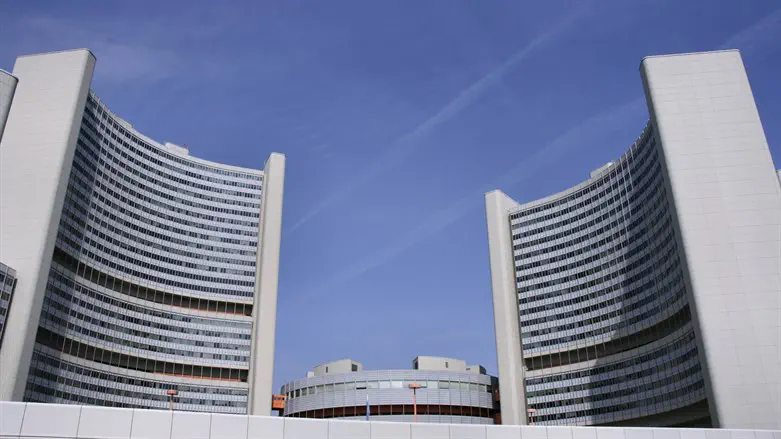
Iran on Tuesday condemned the latest report by the UN nuclear watchdog on traces of nuclear material found at three undeclared sites, describing it as “unfair”, AFP reports.
"Unfortunately, this report does not reflect the reality of the negotiations between Iran and the IAEA," Foreign Ministry spokesman Saeed Khatibzadeh told reporters, referring to the Monday report by the International Atomic Energy Agency.
"It's not a fair and balanced report," he said, adding, "We expect this path to be corrected."
"It is feared that the political pressure exerted by the Zionist regime and some other actors has caused the normal path of the agency's reports to change from technical to political," Khatibzadeh charged.
In Monday’s report, the IAEA reiterated that it still had questions which were "not clarified" regarding previous undeclared nuclear material at three sites named as Marivan, Varamin and Turquzabad.
Last year, the IAEA found uranium particles at two Iranian sites it inspected after months of stonewalling.
Although the sites where the material was found are believed to have been inactive for nearly two decades, opponents of the 2015 nuclear deal Iran signed with world powers say evidence of undeclared nuclear activities shows that Iran has not been acting in good faith.
In a separate report published Monday, the IAEA estimated that Iran's stockpile of enriched uranium had grown to more than 18 times the limit agreed in the 2015 deal with world powers.
The latest reports come as talks to revive the landmark 2015 nuclear deal between Iran and world powers remain deadlocked after stalling in March.
Iran scaled back its compliance with the 2015 deal, in response to former US President Donald Trump’s withdrawal from the agreement in May of 2018, but has held several rounds of indirect talks with the US on a return to the agreement.
Last week, US Special Envoy for Iran Rob Malley told lawmakers that the prospects for reaching a deal with Iran are “tenuous” at best.
Speaking to the Senate Foreign Relations Committee, Malley said the United States is ready to tighten sanctions and act with Israel and others to counter the Iranian threat if efforts to revive the 2015 Iran nuclear deal fail.
"We do not have a deal ... and prospects for reaching one are, at best, tenuous," said the envoy.
A day later, Iranian Foreign Minister Hossein Amir-Abdollahian accused Israel of “taking control” of United States policy, thus preventing a revival of the 2015 nuclear deal.

